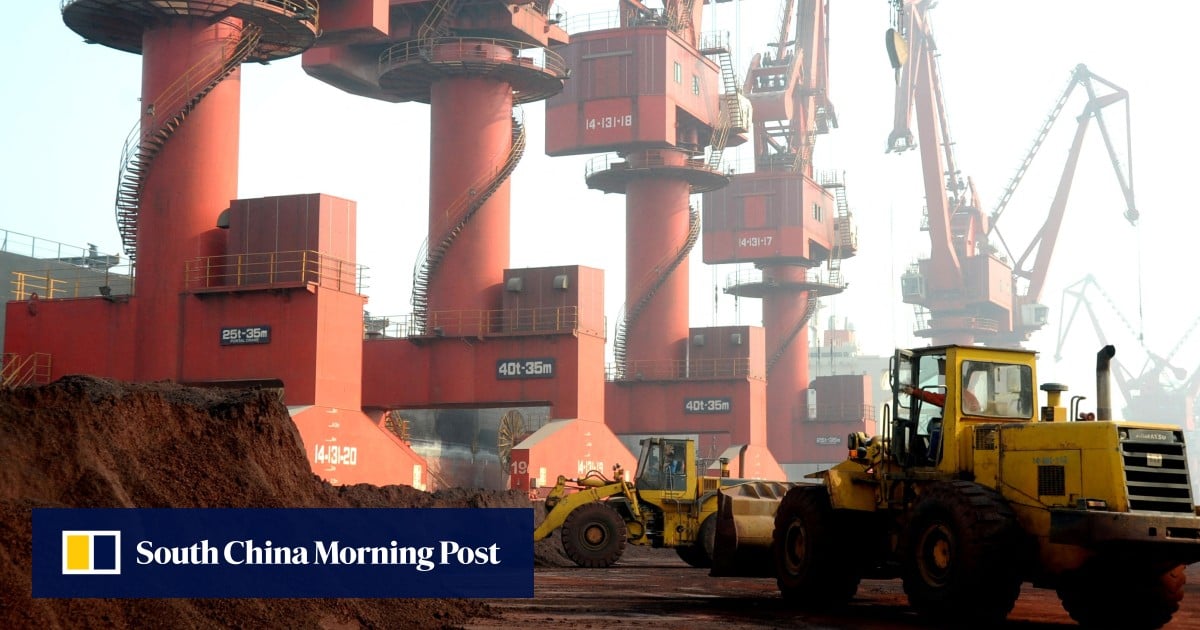China was once a major player in crypto mining, attracting companies with its low energy costs and favourable regulations.
By 2021, it accounted for approximately 70% of global mining activity. In 2019, President Xi Jinping’s push for blockchain technology further solidified China’s technological edge over the United States.
However, this changed in May 2021 when China imposed a sweeping ban on cryptocurrency mining and transactions, citing concerns about financial risks and illegal activities like money laundering.
The crackdown sent miners fleeing, with many relocating to nearby Kazakhstan, drawn by its abundant coal power. Kazakhstan’s share of global cryptocurrency mining surged to nearly 20%, but the energy demands of mining operations soon led to fuel price hikes and widespread power outages. Public outcry forced the government to cut miners off from the national grid by the end of 2021.
The exodus proceeded to the United States, which now accounts for over 40% of the global cryptocurrency ‘hashrate.’ US mining operations utilise approximately 2% of the country’s electricity, which is equivalent to the power required for an entire state, such as Utah. Though not as incendiary as Kazakhstan’s experiences, the increased energy use has prompted environmental worries, particularly in rural areas where Chinese-owned businesses have started operations.
One such company, Bit Mining, relocated to Akron, Ohio, after leaving China and briefly operating in Kazakhstan. Residents there and in various cities around the United States, including Rockdale, Texas, and Bono, Arkansas, have expressed opposition to mining operations, citing noise, environmental damage and a lack of local job creation.
Jeremy Fisher of the Sierra Club emphasised the astounding energy use of these facilities, which adds to mounting climate worries as power shortages and fossil fuel dependence increase.
While local opposition remains strong, the crypto business is gaining political influence. In California, lobbying activities resulted in the veto of a law regulating digital financial assets. On a national scale, pro-Bitcoin lobbyists have spent millions of dollars to prevent the Securities and Exchange Commission from overseeing cryptocurrency.
The process of mining bitcoins has become highly centralised. In 2021, 10% of miners controlled 90% of the mining capacity. The issue has attracted considerable attention from US legislators, who are concerned about foreign ownership of facilities, particularly by Chinese miners. Due to security concerns, the Biden administration ordered a Chinese company to sell its mining facilities near a nuclear missile base over concerns about national security.
As the United States deals with the environmental and economic consequences of Bitcoin mining, the future remains unclear. Local communities continue to demand stricter regulations or moratoriums on new projects. Without proper oversight, Bitcoin mining’s unchecked expansion could exacerbate climate issues, prompting concerns about whether its presence in the United States is worth the expense.
(Image by Chickenonline)
See also: Binance predicts blockchain’s potential to transform global payments
Want to learn more about blockchain from industry leaders? Check out Blockchain Expo taking place in Amsterdam, California and London.
Explore other upcoming enterprise technology events and webinars powered by TechForge here.


